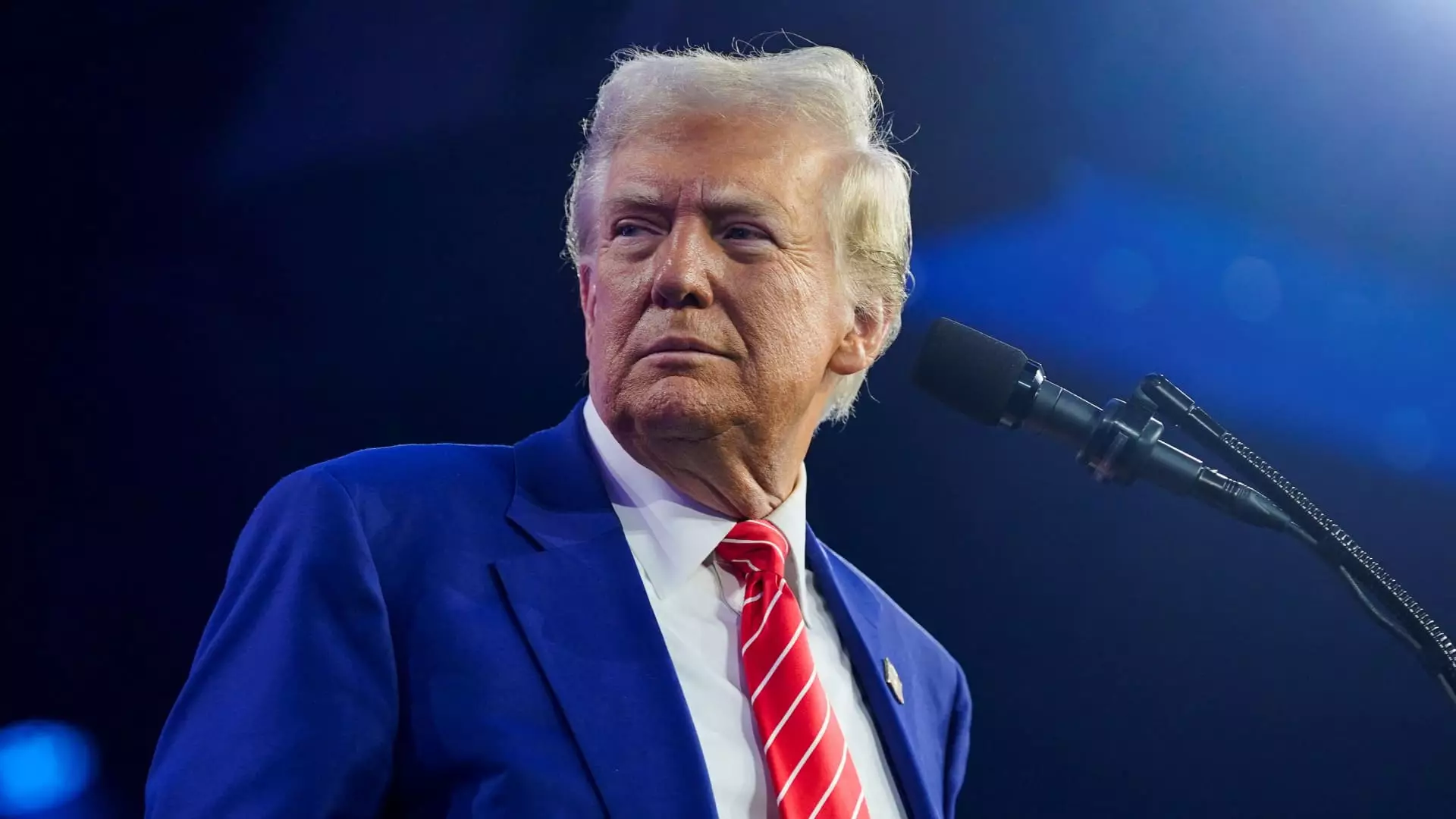The formation of any presidential administration is significant, but when it comes to the incoming Trump administration, the spotlight is on its growing alignment with Silicon Valley. President-elect Donald Trump is actively recruiting tech leaders to key positions within his government, underscoring a potentially transformative partnership between politics and technology that could redefine governmental approaches. His latest nominations demonstrate a clear intent to leverage the skills of well-established tech figures, specifically in the realms of efficiency and innovation.
Scott Kupor, managing partner at the prestigious venture capital firm Andreessen Horowitz, has been nominated for the role of Director of the Office of Personnel Management. This office is crucial for streamlining recruitment and resource allocation for government employees. Kupor’s extensive background in tech makes him a notable choice, but his selection raises questions about how the expertise of industry leaders will translate into effective public service. His involvement may facilitate the flow of ideas from the tech world into government operations, potentially streamlining bureaucratic processes.
Additionally, Trump’s selection of Sriram Krishnan for the position of Senior Policy Advisor for Artificial Intelligence at the White House Office of Science and Technology Policy suggests a commitment to integrating advanced technology into governmental functions. Krishnan’s previous affiliations with major tech companies like Microsoft, Meta, and Twitter provide him with a multifaceted view of the industry’s capabilities and challenges. However, his connections to controversial figures such as Elon Musk could lead to critical scrutiny regarding the impartiality of policy development in the area of AI.
Elon Musk’s role in Trump’s evolving tech-centric cabinet cannot be overstated. As a prolific figure in the tech industry and a staunch supporter of Trump, Musk’s influence in shaping technological policy and governance is set to grow. His ventures span across multiple sectors, from automotive to aerospace to neuroscience, establishing him as a paramount resource. However, the weight of Musk’s backing may cause friction with various stakeholders who distrust his influence, particularly among Democrats and global business leaders who may hold competing interests.
The new Department of Government Efficiency, or DOGE, aims to cut unnecessary spending and streamline federal regulations—an ambitious goal that may garner both praise and skepticism. The collaboration between Krishnan and Musk, alongside other tech executive allies, could introduce innovative solutions to longstanding governmental challenges, but it also risks favoring the interests of Silicon Valley over broader public concerns.
While the tech sector once approached the Trump administration with skepticism and caution, current trends illustrate a notable pivot. Key figures from Amazon, OpenAI, and Meta have pledged financial support to Trump’s inaugural committee, indicating a willingness to engage with the administration on collaborative terms. This evolving relationship may signify a new era where tech giants wield substantial power in shaping public policy, especially in digital and innovation domains.
Moreover, Trump’s nomination of Ken Howery, another prominent venture capitalist and co-founder of PayPal, as the U.S. ambassador to Denmark demonstrates an inclination to expand Silicon Valley’s footprint in international relations as well. Such appointments suggest that Trump aims to form strategic alliances that capitalize on technological advancements while navigating global diplomatic landscapes.
As Trump sets the stage for his next term, the implications of his tech-centric appointments currently extend beyond mere governance; they signal a much deeper integration of technology into the fabric of political strategy. While these decisions could yield advancements in efficiency and innovation within government structure, the challenge will be to maintain a balance between industry influence and the needs of the public. The growing relationships may transform the traditional boundaries of politics and encourage a new model of governance rooted in technological innovation. The effectiveness of this shift will ultimately depend on how these tech leaders navigate the complexities of public policy while ensuring accountability and transparency.

